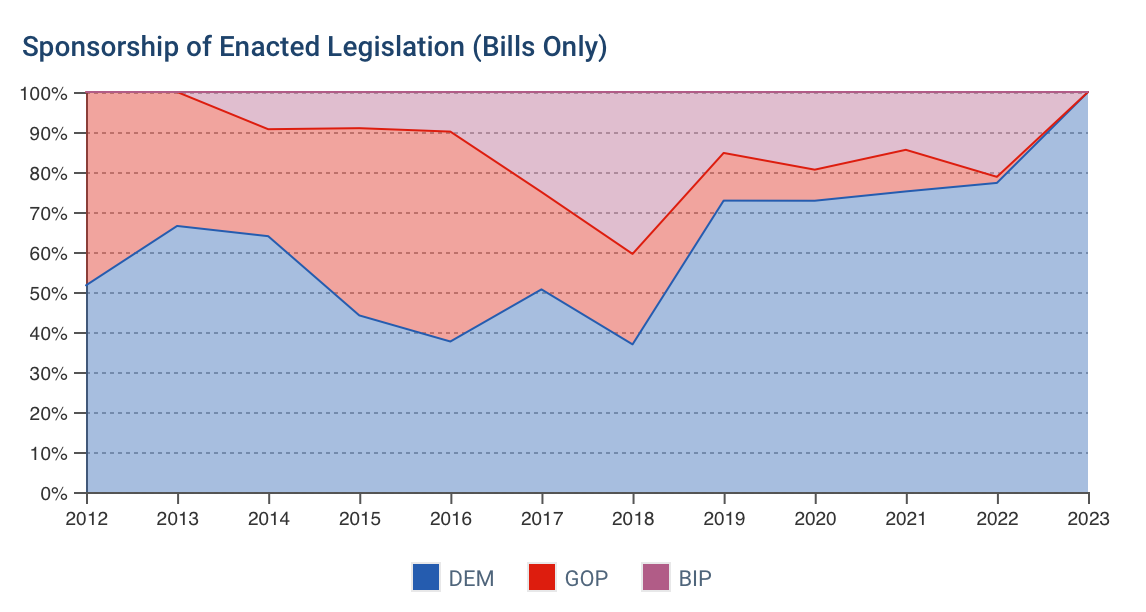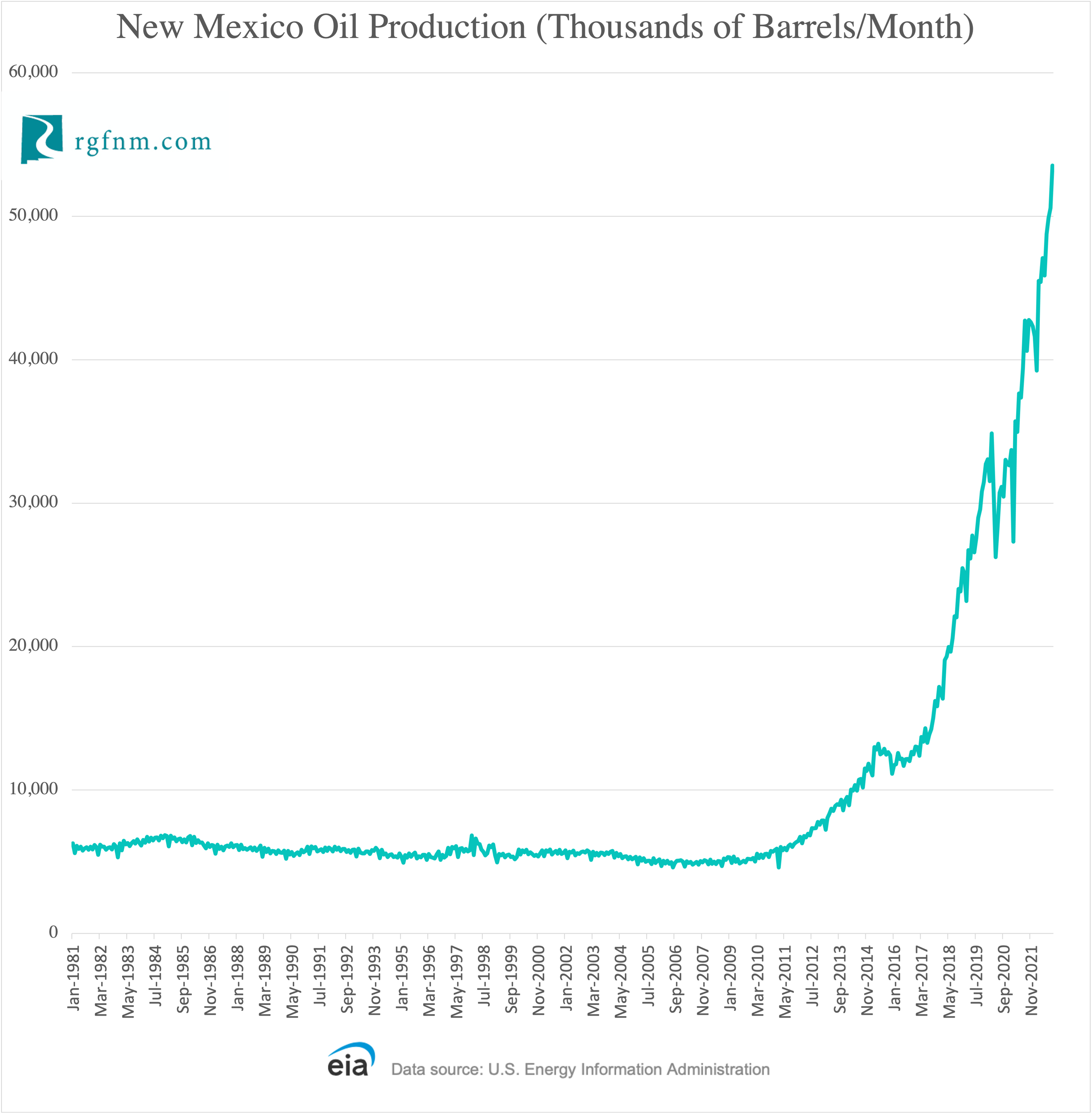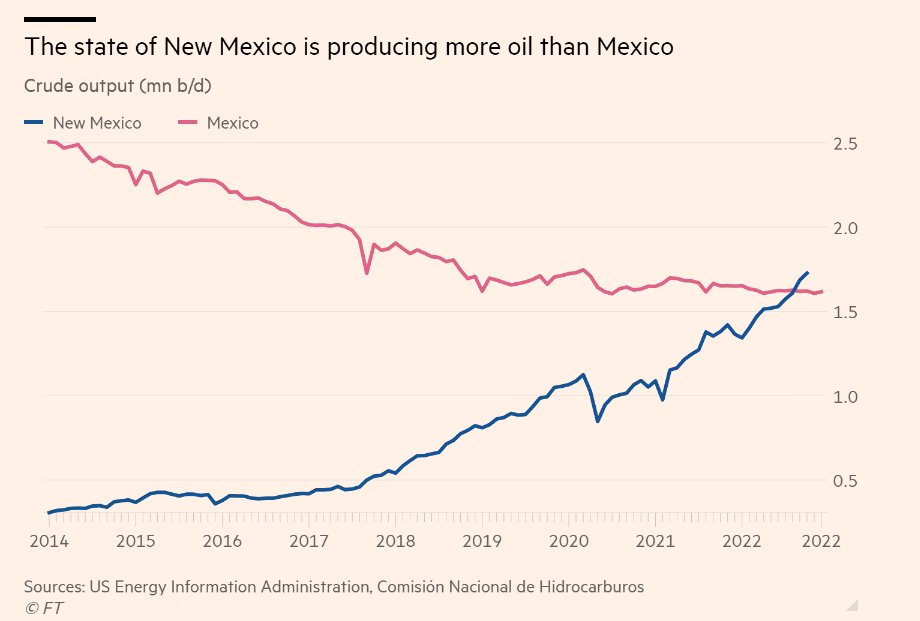The Rio Grande Foundation is among the large number of entities concerned by Interior Secretary Deb Haaland’s lack of knowledge about basic environmental issues and her broader qualifications to perform the role of Interior Secretary.
Recently, the federal watchdog group Protect the People’s Trust released documents obtained from the Department of the Interior that reveal alarming connections between organizers of a violent protest in 2021 and Secretary Haaland. On October 14, 2021, a protest was staged at Interior headquarters as part of a week of anti-fossil fuel activism in Washington, D.C. called People vs. Fossil Fuels. Events featured rallies of indigenous people from New Mexico opposed to leasing near the Chaco Culture National Historical Site. Organizers also planned civil disobedience actions in front of the White House, Capitol Building, and other locations in the city.
Events got out of hand, as planned, at Interior. Protesters breached the agency building, handcuffed themselves in place, and staged an unruly sit in. When security personnel from multiple federal agencies who’d been on alert all week attempted to remove the protesters, things turned violent. As a result, multiple police officers were injured, one was sent to the hospital, and 55 protesters were arrested.
The documents reveal Sec. Haaland is connected to protest organizers. Her daughter, Somah, is a paid climate activist who works for the Pueblo Action Alliance (PAA), a New Mexico-based climate group. The organization actively participated in the violent protest, along with several other members of the Chaco Coalition. PAA is also a member of the protest steering committee. Somah’s connection to anti-government activities targeting the federal agency her mother leads create significant conflicts of interest.
As if that wasn’t enough, Somah’s activism directly related to Chaco Canyon raises several ethical concerns about Sec. Haaland’s upcoming decision to implement a 10-mile buffer to prevent federal leasing around Chaco Canyon. BLM is currently undergoing the federal rulemaking process to finalize this policy. By law, the secretary has the sole decision-making power. Yet, that hasn’t prevented her daughter from personally profiting from her special access to a Biden Cabinet member, lobbying members of Congress on the issue, helping produce a documentary movie advocating for the buffer that features the secretary, and conducting community organizing across New Mexico.
Notably, Somah Haaland has lived in New York City, not New Mexico, for the past several years. And despite her claims of caring about NM residents and tribal members, the policy she’s advocating for will cost Navajo tribal members with allotted mineral rights around Chaco Canyon $200 million.
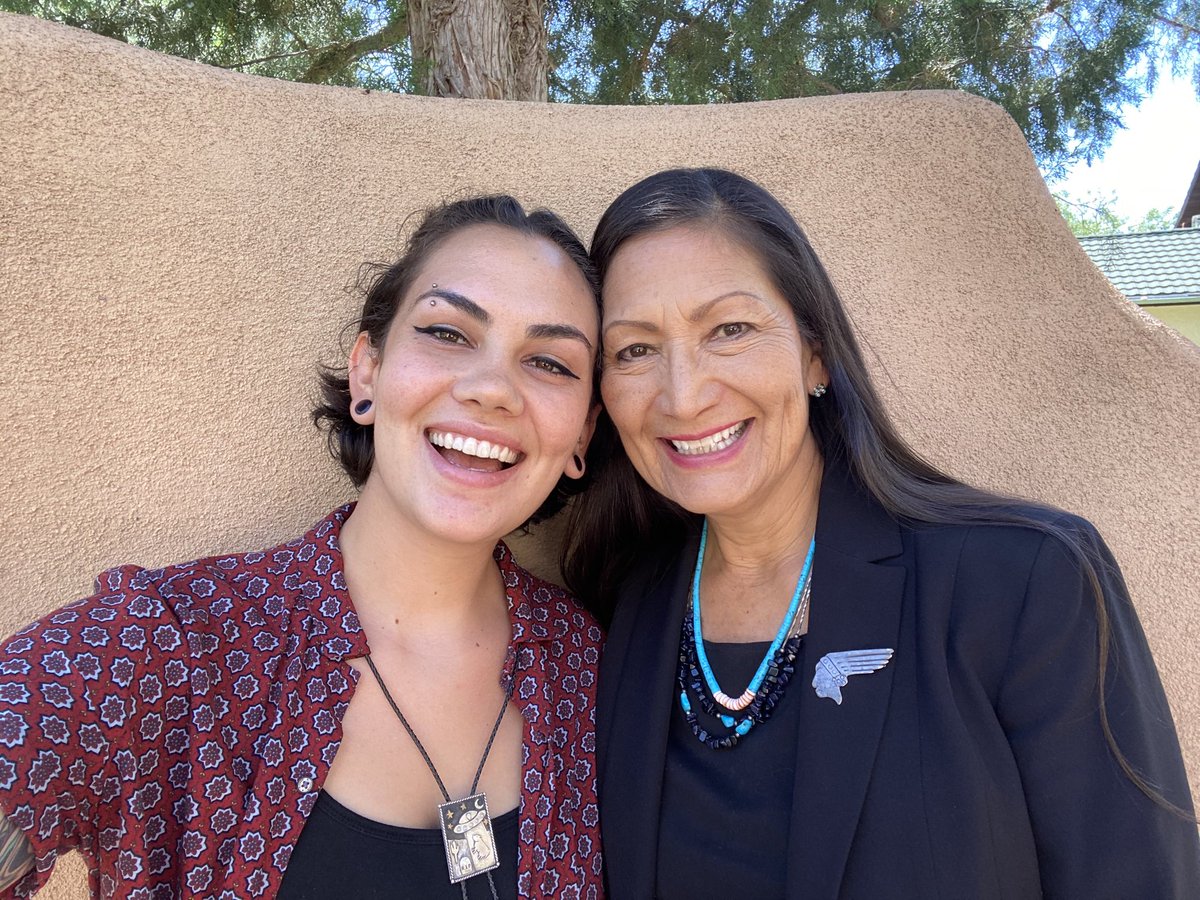





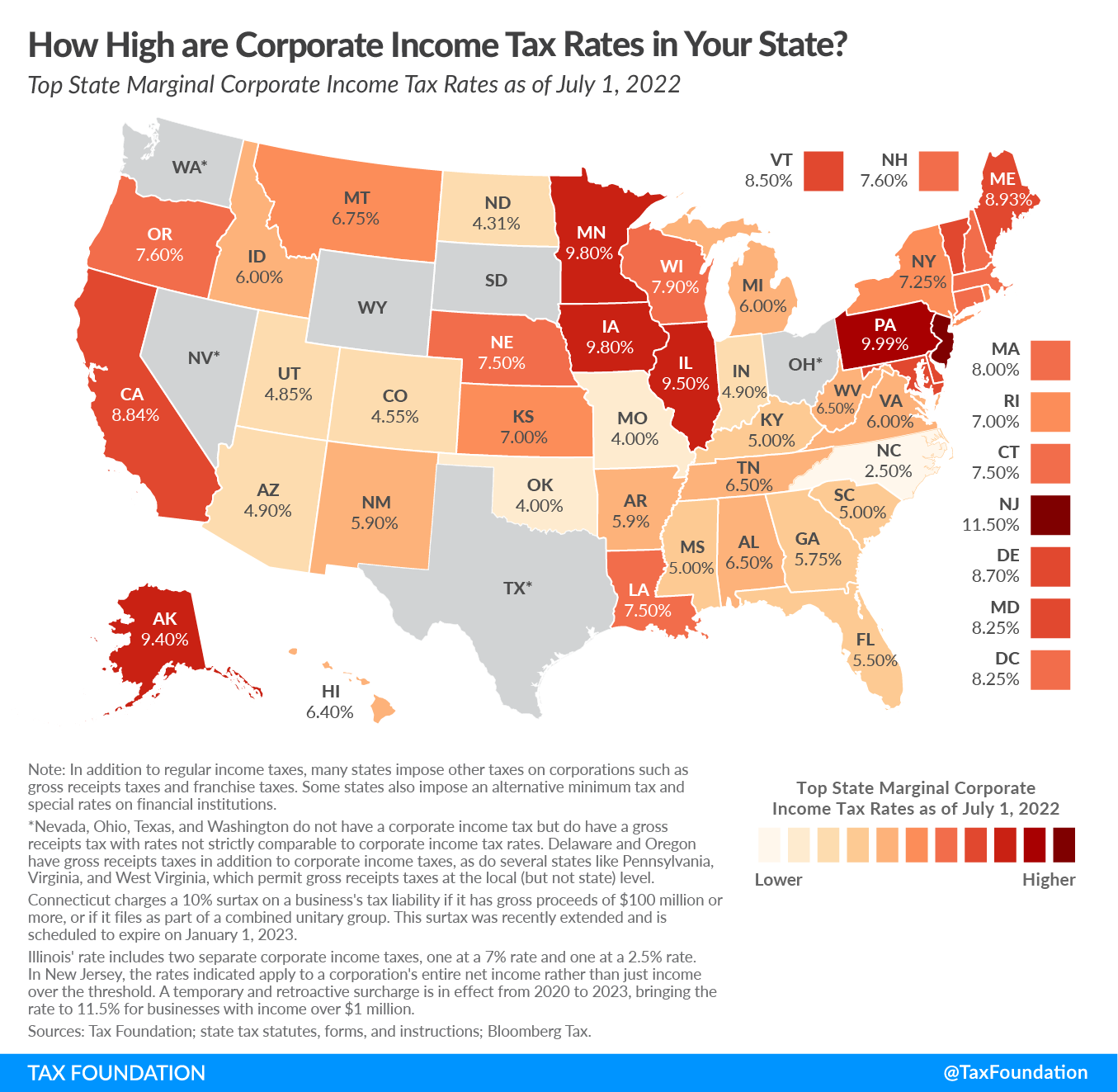

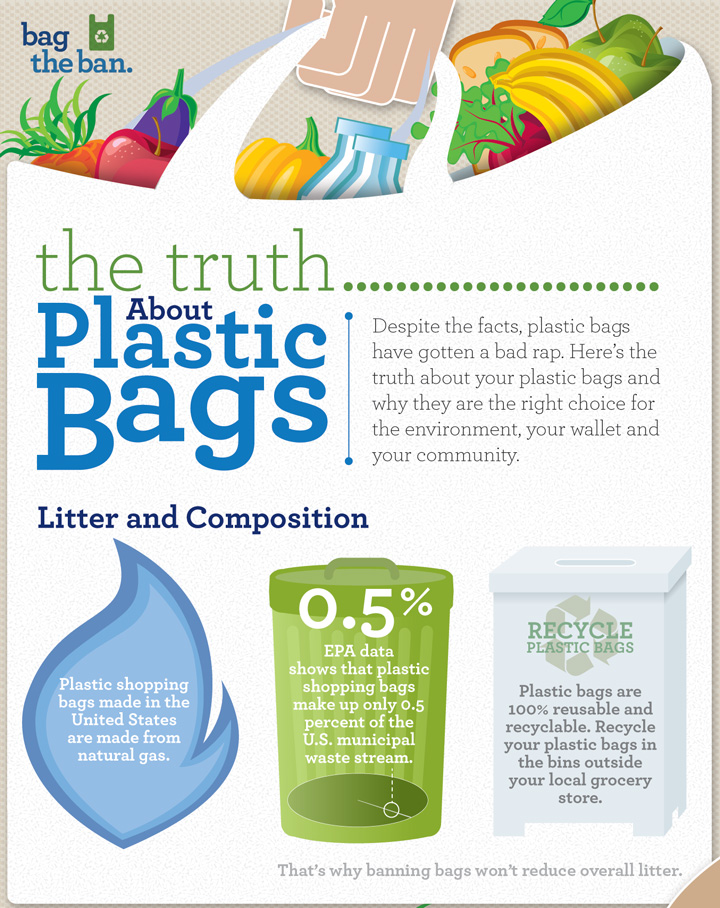

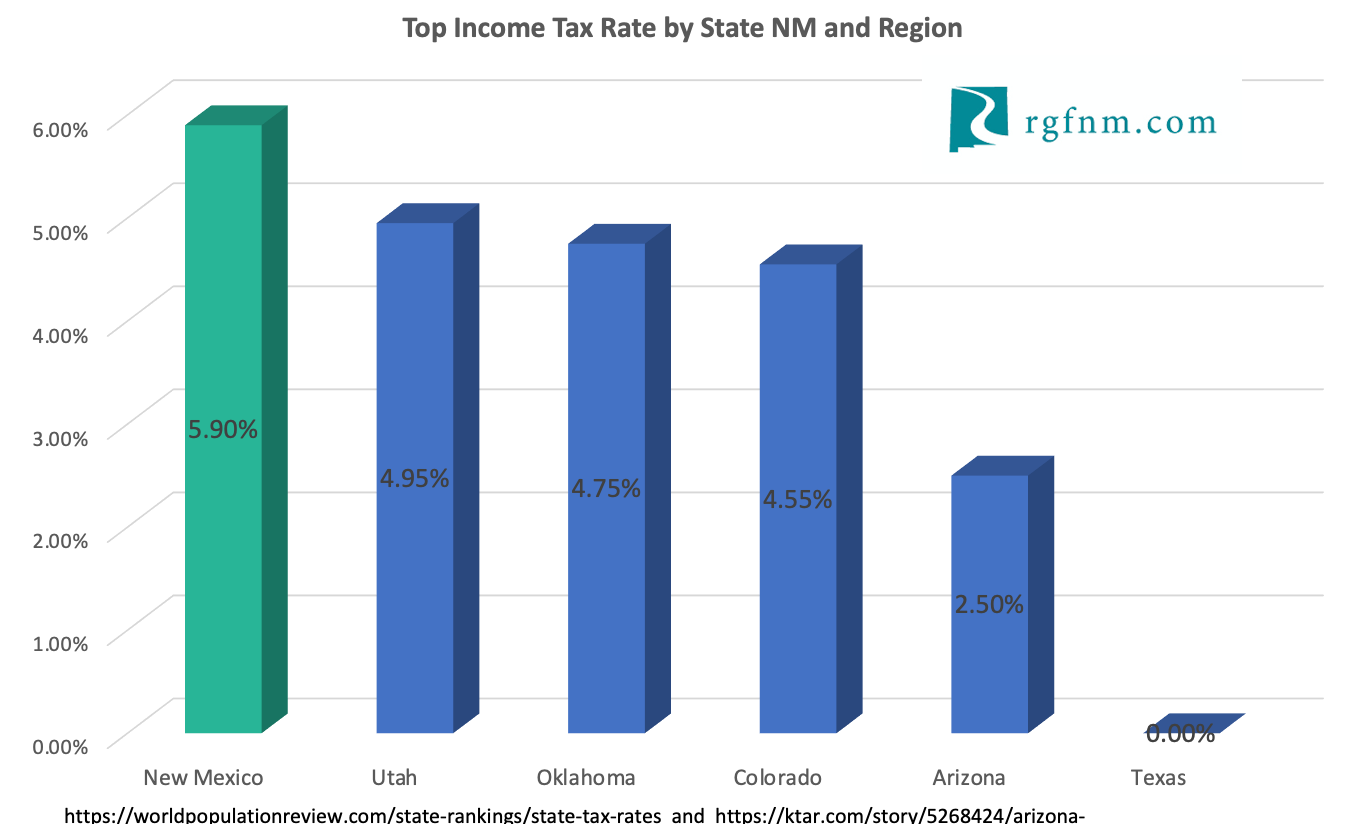
:max_bytes(150000):strip_icc()/GettyImages-911586914-d4186dafdd8d4c3f94d4b0077f3c5918.jpg)
